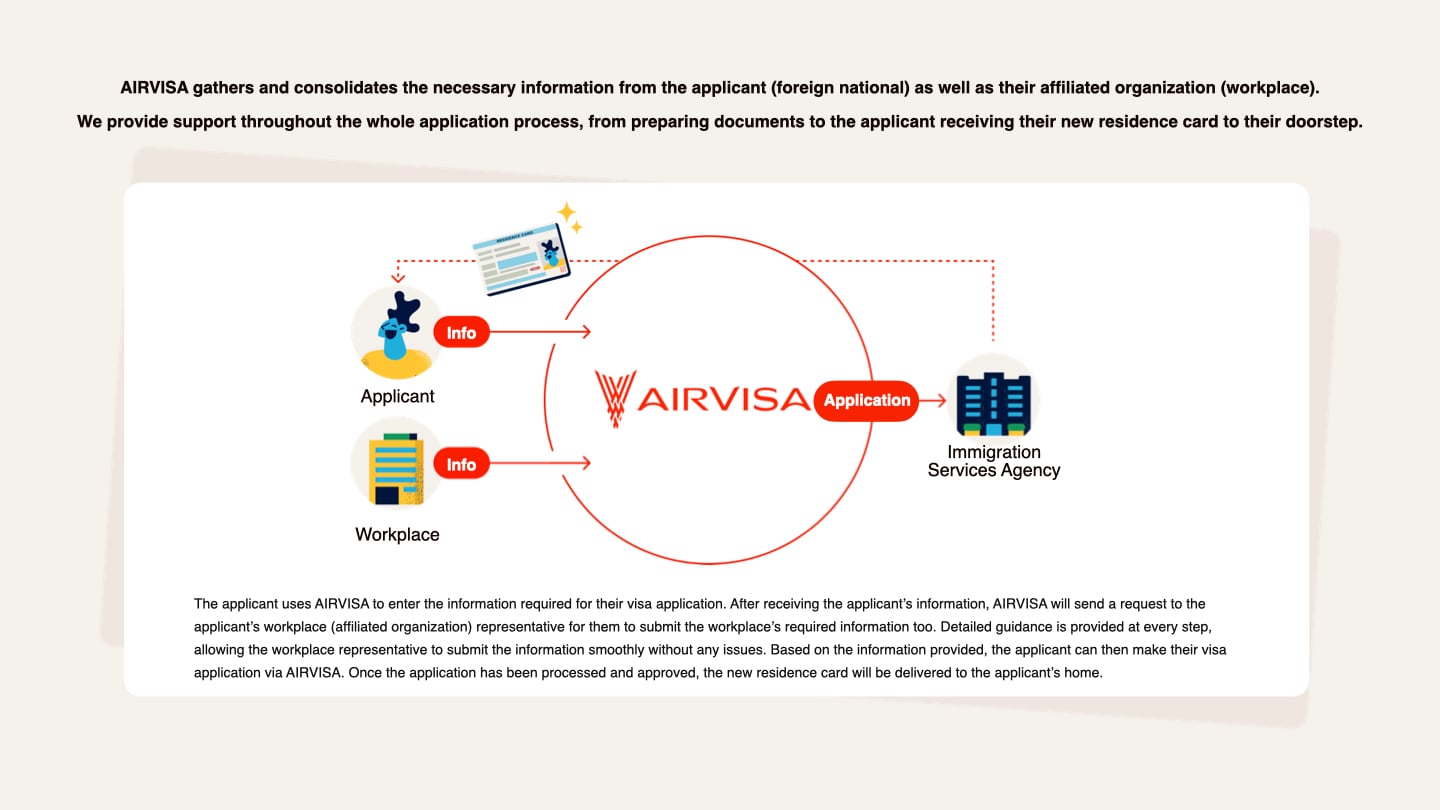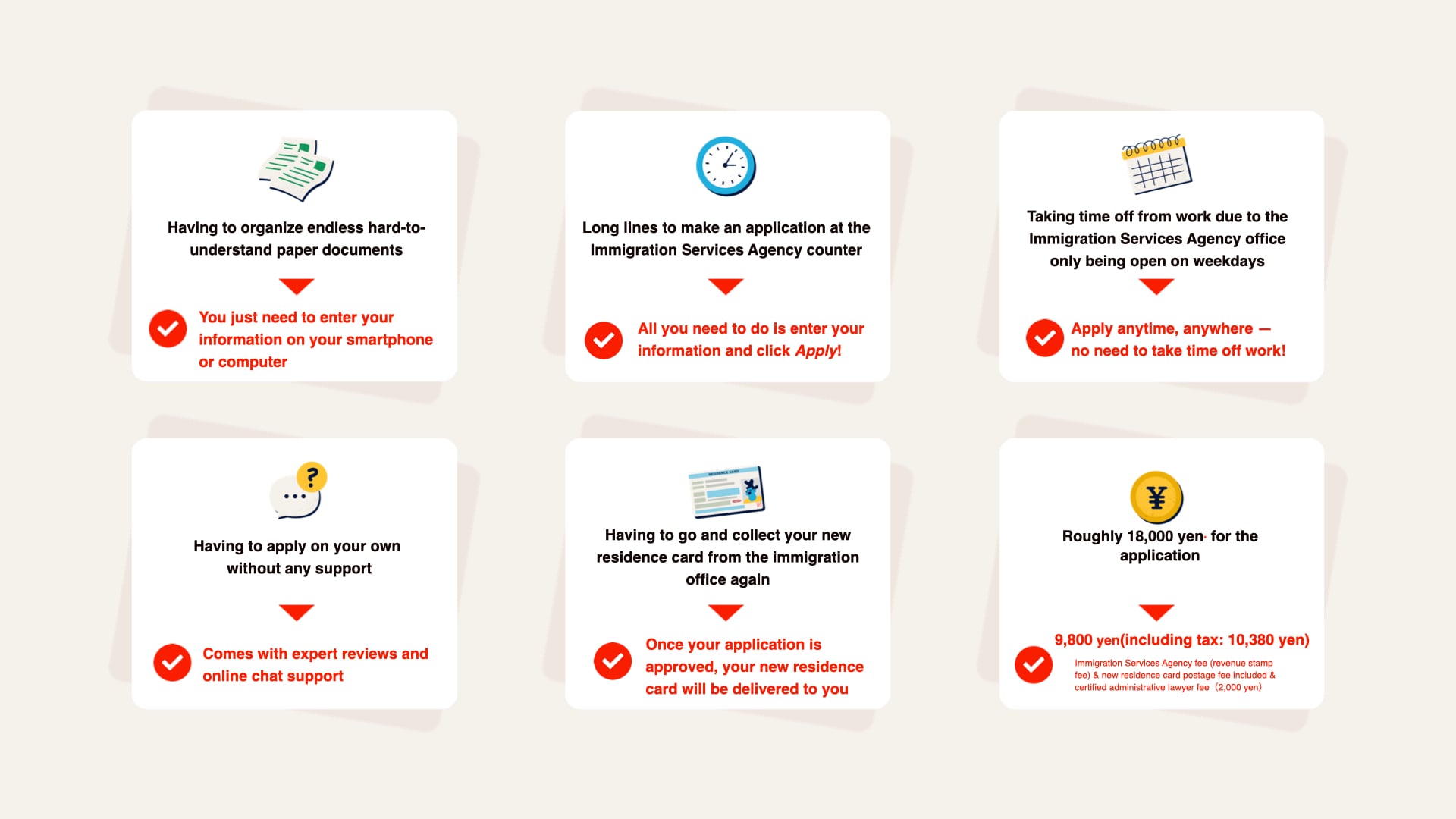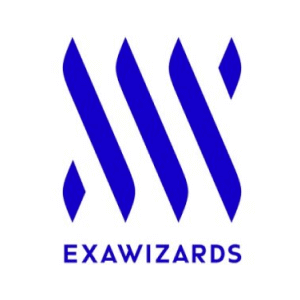Updated May 2, 2025
Visa Applications in Japan: A Guide for Employers and Applicants
I’m Gafar, CEO of AIRVISA, a cloud service that reduces the hassle associated with visas for foreign nationals. Based on my experience of providing visa application support for many foreign nationals, I would like to introduce the application process for a status of residence (在留資格) visa. I’ll provide some simple tips for company personnel and HR managers who are considering hiring foreign national engineers in the future. This will also be useful for engineers who want to better understand the visa application process.
※ 本記事の日本語版はこちら
In this article: 📝
- ① Japanese Visa Application Process
- 1. Sponsoring visas for candidates living abroad
- 2. Visa for candidates who wish to change jobs
- 3. Visa renewal for continual employment of foreign nationals
- ② Things to keep in mind when applying for a visa (status of residence)
- 1. Confirming and preparing required documents
- 2. Filling out the application
- 3. Application timing
- 4. Requests for Additional Documents
- 5. Avoiding fraudulent actions
- 6. Other factors
- ③ Introducing AIRVISA: An Online Service for Visa Applications
① Japanese Visa Application Process
The procedures involved in applying for a status of residence visa may vary according to the situation of the foreign candidate. The following is a summary of the process for each situation.
1. Sponsoring visas for candidates living abroad
A necessary step in sponsoring visas for a candidate living abroad is to apply for a Certificate of Eligibility (在留資格認定証明書交付申請).
It’s recommended to start the process immediately after the job offer is made, as this is the most time-consuming step.
Flow of Visa Application Process:
After a job offer is made, the company needs to apply for a Certificate of Eligibility at Japan’s Immigration Services Agency.
Once the Certificate of Eligibility is issued, the company sends the certificate to the candidate living abroad.
The candidate applies for a visa at their local Japanese embassy.
Once the visa is issued, the candidate travels to Japan. The candidate will receive a residence card at the airport upon entry into the country.
After arrival, the candidate needs to provide information about their place of residence to their local Japanese government office.
Please note: the Certificate of Eligibility is valid for three months from the date of issue. The candidate must enter Japan before the expiry date.
2. Visa for candidates who wish to change jobs
There are a few different procedures for candidates who are planning to change jobs.
(Situation A) If the new job is outside the scope of activities designated on the candidate’s current visa
In this case, the correct procedure is to apply for a Change of Status of Residence (在留資格変更許可申請).
Please note: the candidate cannot be allowed to work until the change of status is completed.
Foreign nationals are required to prepare an “Application for Change of Status of Residence” along with their residence card, passport, and certified ID photograph.
In addition to helping prepare the Application form, the company must prepare the company’s “Total Statutory Report” (法定調書合計表), Quarterly Report (四季報), and other necessary documents in accordance with the company’s category.
The candidate, or their agent/intermediary, applies for the “Change of Status of Residence” at Japan’s Immigration Services Agency.
If permission is granted by the Immigration Services Agency, the candidate will receive a new residence card.
(Situation B) If the new job is within the scope of activities for the candidate’s status of residence, and the remaining period of stay on the visa is less than three months.
The necessary procedure to complete the Application for Extension of Period of Stay (在留期間更新許可申請).
The candidate is required to prepare the Application form, their residence card, passport, and certified ID photograph.
In addition to helping prepare the Application form, the company must prepare the company’s “Total Statutory Report” (法定調書合計表), Quarterly Report (四季報), and other necessary documents in accordance with the company’s category.
The candidate, or their agent/intermediary, applies for the “Extension of Period of Stay” at Japan’s Immigration Services Agency.
(Situation C) If the new job is within the scope of activities for the candidate’s status of residence, and the remaining period of stay on the visa is more than three months.
In this situation, there are no procedures required. Please submit an Application for Extension of Period of Stay (在留期間更新許可申請) when the candidate’s current visa expiry date approaches.
For Situations B and C, it’s advised to submit the “Application for Certificate of Authorized Employment” (就労資格証明書交付申請) when changing jobs. This will help confirm that your new job falls under the designated categories for your current status of residence, and will help prevent any problems down the line.
(Situation D) Employing international students as a full-time employee
Since the scope of visa activity will change, this situation requires applying for a Change of Status of Residence (在留資格変更許可申請). The following process is the same as listed previously.
Foreign nationals are required to prepare an “Application for Change of Status of Residence” along with their residence card, passport, and certified ID photograph.
In addition to helping prepare the Application form, the company must prepare the company’s “Total Statutory Report” (法定調書合計表), Quarterly Report (四季報), and other necessary documents in accordance with the company’s category.
The candidate, or their agent/intermediary, applies for the “Change of Status of Residence” at Japan’s Immigration Services Agency.
3. Visa renewal for continual employment of foreign nationals
If the visa expiration date of a current employee is approaching, this will require the Application for Extension of Period of Stay (在留期間更新許可申請). These are the same procedures as for Situation B above.
② Things to keep in mind when applying for a visa (status of residence)
Here are some more points to keep in mind when applying for a visa, in addition to those mentioned in part 1.
1. Confirming and preparing required documents
Visa (residence status) applications will require a lot of documents. These requirements also depend on the type of residence status and company category, so it’s important to thoroughly confirm the requirements before applying. Then you can make sure you gather everything you need.
Check the official website: Check the latest information on the Immigration Services Agency’s website. It provides lists of required documents and forms.
Prevent mistakes: If any forms are missing or incomplete, the application might not be accepted. Or additional procedures might be required. Be sure to create a checklist of required documents and ensure that you submit everything.
2. Filling out the application
Filling out the application form is a very important step.
Enter your information accurately: Make sure you accurately enter information like your name, address, and occupation. Typos or omissions can delay the review process, so fill out the application carefully.
Filling out the form in Japanese: In order to avoid any misunderstandings, make sure to clearly communicate to the foreign employee what needs to be filled out in Japanese.
3. Application timing
When submitting a residence status application, timing is also extremely important.
Be aware of deadlines: If your current residence status is nearing expiration, it’s important to apply early. Usually, it’s possible to apply 3 months before your previous status of residence is set to expire. Companies also need to ensure that they keep tabs on the residence status of foreign employees so there are no lapses in renewal.
Be mindful of the season: Application processing times may vary depending on how busy the Immigration Services Agency is. This is especially true during certain times of the year. You'll want to give yourself plenty of time to apply at particularly busy times of the year, such as at the end of the year and during the Spring holidays, etc.
4. Requests for Additional Documents
Sometimes additional documents will be requested after submitting the application. It’s good to prepare for this possibility (and make sure the applicant knows this might happen) so things go as smoothly as possible.
Make a list of the requested documents: Based on your company’s category, you may be asked to supply a “tax certificate” (課税証明書) or “certificate of tax payment” (納税証明書). It’s helpful to have an understanding of which documents might be requested and have them on hand just in case. This can make the rest of the process easier.
5. Avoiding fraudulent actions
All residence status applications must have a legitimate basis for applying.
Risk of fraudulent acts: Submitting altered or false documents can lead to your application getting rejected, but not only that. This can also have a negative impact on future entry and residence applications.
6. Other factors
When changing jobs and joining a new company, foreign employees have to submit a “Notification regarding affiliated (contracted) institutions” (所属機関に関する届出). This must be submitted to the Immigration Services Agency within 14 days of signing the employment contract. Employees have to make sure they submit this document when changing companies.
Also, it’s important for HR personnel to provide assistance to employees so they remember to submit this document. If employees fail to do so within the required 14 days, it can lead to shorter permitted residence periods for subsequent renewal applications.
Risk of promoting illegal employment
It’s important to confirm that the residence status of each job seeker matches their corresponding job content before hiring. For foreign engineers, the residence statuses are frequently “Engineer/Specialist in Humanities/International Services” (技術・人文知識・国際業務) or “Highly Skilled Professional” (高度専門職). Or it may be another status type such as permanent resident or spouse of a Japanese national.
However, if the job seeker’s residence status is something else, employing them without any changes can lead to “illegal employment”. In that case, the company may be subject to penalties as this is considered a crime. So you need to make sure to check in advance whether they can work on their current residence status, or if a change is required.
③ Introducing AIRVISA: An Online Service for Visa Applications
So far, we’ve introduced the visa application process and some points to be careful of for HR personnel. But when actually going through the process, the documentation can get complex and it may be overwhelming for foreign employees.
That’s why we’d like to introduce AIRVISA. Their service makes the complicated visa application process simple — you can even complete it all online.

We offer the AIRVISA online service to help both foreign nationals and HR personnel avoid the stress and hassle of the visa application process.
With AIRVISA, you can upload the required information and complete your application online.
Since the application can be submitted online, there’s no need to make time on a weekday to visit the immigration office. You also don’t have to make a special trip to pick up your new residence card. AIRVISA also offers chat-based support regarding visa applications.


As of October 2024, AIRVISA offers renewal of “Engineer/Specialist in Humanities/International Services” visas for ¥9,800 (excluding tax). If you’re a company representative and you want to make the visa application process easier for non-Japanese engineers, our service might be a great fit!
For more details, please check out the official AIRVISA website or feel free to contact us using our inquiry form.
▼AIRVISA Official Website
For HR representatives: https://airvisa.online/organization
For engineers: https://airvisa.online/en
We hope this article is helpful to both HR personnel hiring foreign engineers in Japan and foreign nationals who wish to work in Japan.
At AIRVISA, we’re actively looking for teammates to help us achieve our mission of "eliminating irrationality surrounding immigration and creating a Japan where diverse people can thrive."
If you’re a software engineer, please apply through Japan Dev!
Related Articles:
Get Job Alerts
Sign up for our newsletter to get hand-picked tech jobs in Japan – straight to your inbox.







